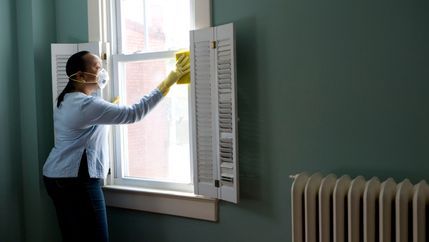
The proposals cover all multi-occupied residential buildings, from a house converted into two flats, to a high-rise apartment block and licenced HMOs. Additionally, new duty holder roles will be introduced during the design and construction of buildings, and when they are occupied, to ensure that those in positions of authority are clear on their responsibilities and can be held accountable.
In order for the Welsh Government to achieve its aims, it is vital that the new Building Safety Regime is proportionate and considers the administration and costs involved in owning and managing property. Propertymark has raised several issues for the Welsh Government to consider.
These include:
- Where Building Safety Managers carry out the role of the Accountable Person liability should be transferred to the Building Safety Manager.
- There is no requirement for the Building Safety Manager to liaise with sales and letting agents who will be marketing properties to be bought, sold, and rented as well as managing the letting of individual units to consumers.
- Mandatory licensing already exists with the intention of controlling housing standards in higher risk HMOs, such as those with the highest risk of death or injury by fire.
- There should be a competence requirement and minimum qualifications for those managing Category 2 buildings. All people managing Category 2 buildings should have an appropriate level 4 qualification.
- The new regulatory model must involve a single regulator covering both England and Wales.
Duty to register all in-scope buildings
More detail is also needed on how the duty to register all in-scope buildings under the ownership or control of the Accountable Person and ensuring compliance with the statutory duties in occupation will interact with the letting of residential property under the registration requirements for Rent Smart Wales.
In addition, under the Renting Homes (Wales) Act 2016, there will be a requirement for landlords to ensure functioning smoke alarms, carbon monoxide detectors, and electrical and gas safety certificates are in place for each dwelling they let.
Local authorities need more resources
Ahead of legislative reform to support Local Authorities and the Fire and Rescue Authorities to manage multi-occupied residential buildings in a more holistic way, Councils need more resources and must ensure that enforcement is a high priority.
Where enforcement does take place there needs to be better joined-up working between local enforcement agencies. Importantly, local Councils and the Fire and Rescue Authorities should review and understand the practical implication of how the legislation will work before it is enacted. Furthermore, greater use of Primary Authority Advice can help to provide consistent advice and improve standards.





